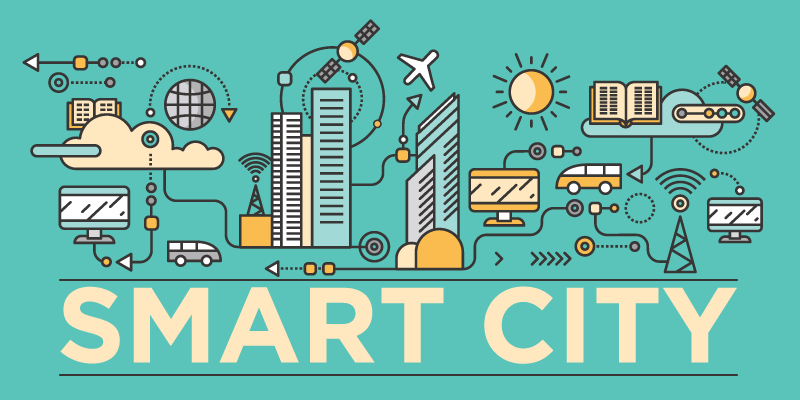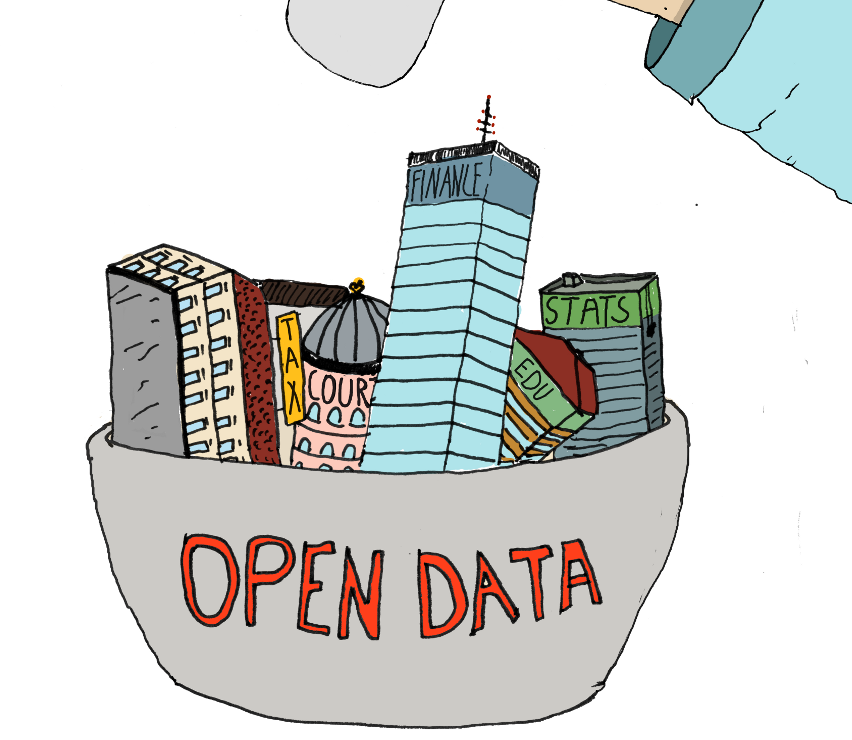How Governments are Slowing Down Smart City Realities
There is something cooking off in the distance. A world were green is the new grey. It seems as though it has always been so close to reach. Some may even feel that we are too late. Regardless of timing we are almost there. Smart cities are becoming reality, little by little. The Internet Of Things and the acceptance of environmental issues have brought a mix of investments and government funding to start addressing the inevitable that may be just around the corner. When you close your eyes and imagine what this may look like, you see electric cars, robots and green roofs. A city with balance. Humanity and nature living cohesively to heal and protect our planet. But the truth is, smart city technology already exists. Sadly, our governments are just too slow and afraid to implement them.
The Imminent Delay Of Governance
Technology has given us the power to do so much in the past decade. Engineers scramble to keep up with each other as new advances emerge one by one. Businesses rush to stay ahead or at least with the pack as these changes are made rapidly. But, hasn't it always been that the government would follow suit last? Doesn't it take weeks of signing off just to change the temperature in a government office? How will this effect our economies?
Sure, if we had the opportunity to build completely new cities in the middle of nowhere these smart infrastructures would be put into place. But the real problem is that we have to build on century old cities which will only implement these systems in a safe manner. That may mean taking the back seat and waiting until another city takes the first plunge into implementing a new system and then copying that same solution into their own. This will make the transition into smart cities a long and painstaking one. The investment required to implement these new technologies on a city level are massive and require lots of trial and error as smart cities are still a new concept...but there may be a simple solution just under our nose.

Digital Civics and A Sharing Economy
One of the pillars of a successful smart city is engagement on a citizen level. A place where we all work together not because we have to, but because collectively we understand its implications. Currently the most sensible solution is to start giving power to citizens to relay information back to governments to create Smart Data. This Smart Data can directly impact how a city operates. A sharing economy.
The combination of smart city motives and a sharing economy will prove to be the ultimate duo.
The great thing about this concept is that we can start addressing the problems we face in cities immediately. We can build software infrastructures to allow citizens to report just about anything that may lighten the load of government operations. Full public trash cans, dirty public restrooms, potholes, public damages and accessibility issues, roadkill, parking infractions and pretty much anything that the city needs to address . These problems may sound small but engaging citizens and giving them the right to have a voice and empower them to change the places they live, is just the beginning. The closed doors of governance suddenly open and citizens in cities around the world now become a large part of the places they live in.
OpenData and A Connected Environment [wifi] is Essential
I don't know about you but this sort of stuff excites the living hell out of me. I have been researching, developing and working on smart city solutions for the past two years. I have developed an APP that tries to solve some of these problems and have deployed them in Toronto, Canada and Taipei, Taiwan. But, unfortunately without the help of an OPEN government and initiative from their ends to promote this behaviour, it is just too hard to make this a viral app. Currently our team is working on some hardware solutions for these problems, I will update you guys once we have a prototype.
[This is my first steemit post - I hope you enjoy]


Yes that's all very well but consider the down side.... see my posts on why we should be awake to the underlying results of all this - https://steemit.com/news/@davemanchester/smarter-cities